10 Best AWS Elastic Beanstalk Alternatives in 2024
AWS Elastic Beanstalk streamlines the deployment and management of applications in the cloud, offering developers an easy way to deploy services without worrying about the underlying infrastructure. However, while it simplifies many aspects of cloud deployment, it also presents challenges, including limited customization and potential vendor lock-in, which might not suit all project needs or scalability requirements. This necessitates exploring alternatives that can offer more flexibility, better cost management, or specific features tailored to different use cases. Here in this article we will go through the top ten alternatives of Elastic Beanstalk along with the pros, cons, and use cases for each.

Morgan Perry
April 3, 2024 · 7 min read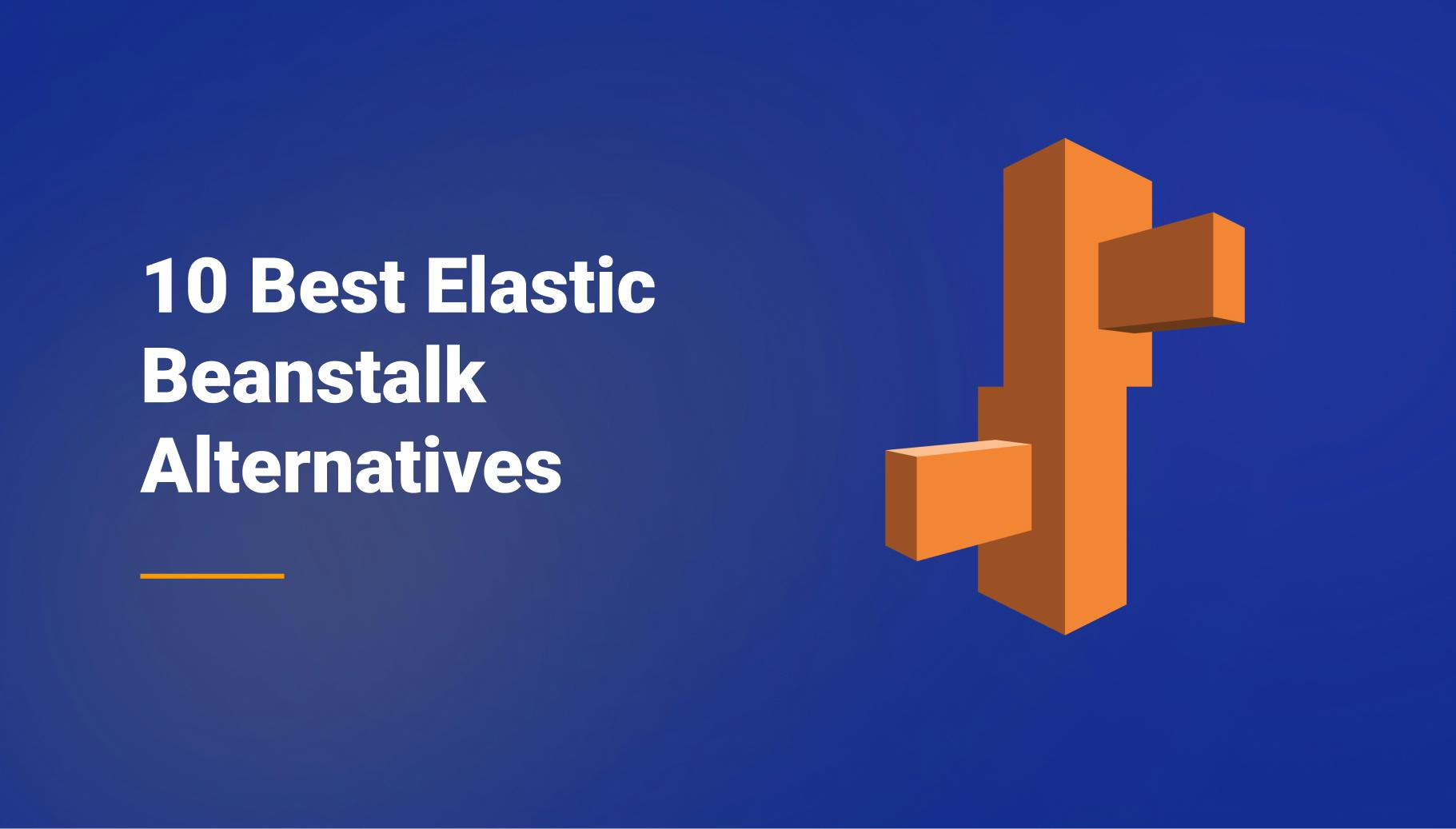
#1. Qovery
Qovery is a multi-cloud deployment platform that simplifies application deployment across various cloud providers with a user-friendly interface, built-in CI/CD pipelines, and Kubernetes support.
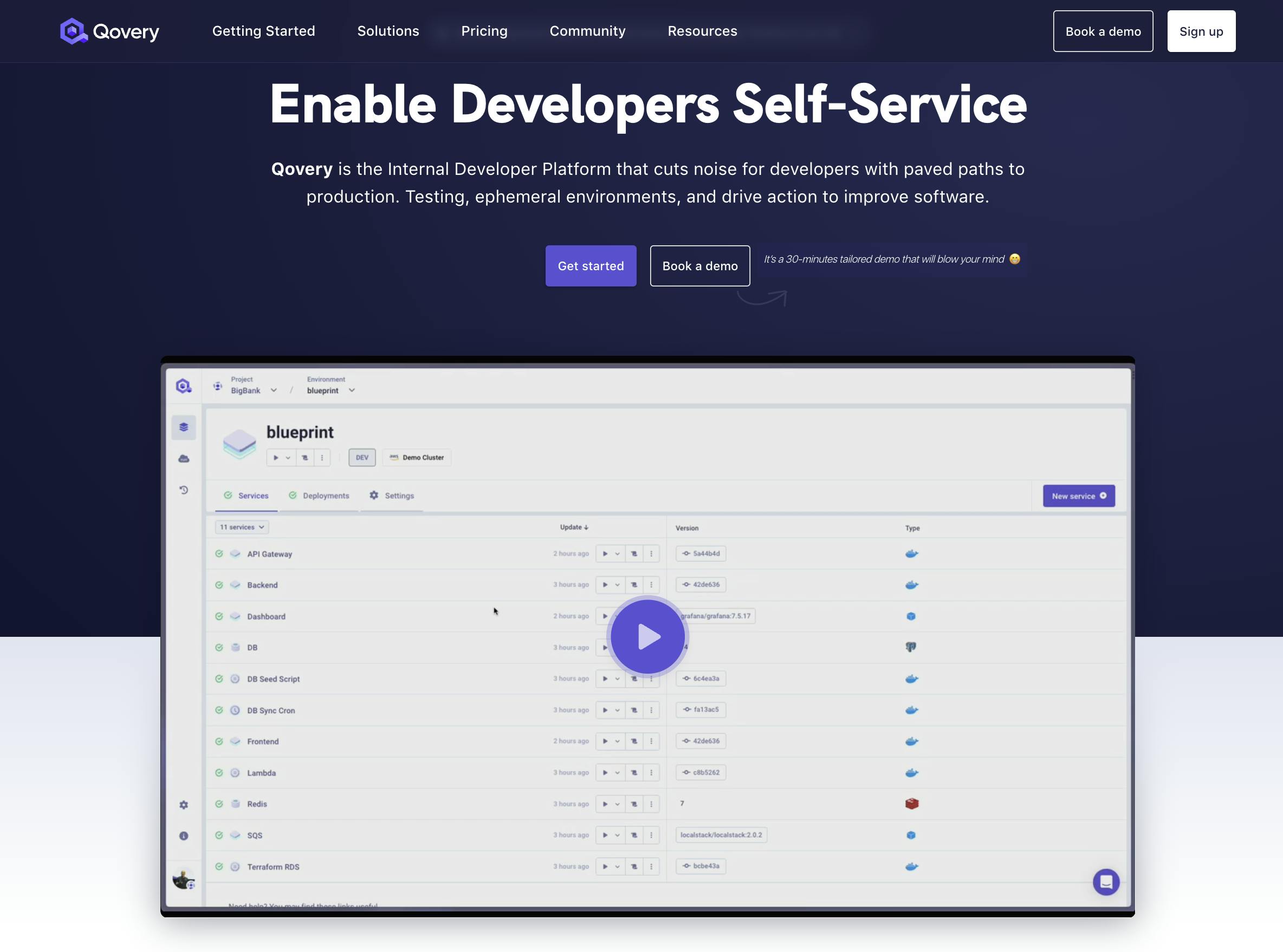
#Pros
- Developer Focus: Simpler deployment process with a user-friendly interface and drag-and-drop functionality, reducing reliance on command-line expertise or deep cloud knowledge.
- Kubernetes-Centric: Simplifies deployments on Kubernetes with features like automatic Helm chart generation, ideal for teams familiar with this container orchestration platform.
- Integrated Features: Offers built-in CI/CD pipelines and security features, streamlining workflows and enhancing security compared to potentially separate configurations needed in Elastic Beanstalk.
- Ephemeral Environments: Supports temporary environments for testing and development, facilitating efficient testing workflows.
- Multi-Cloud Support: Supports deployments on various cloud providers like AWS, Azure, Google Cloud Platform, and Scaleway, avoiding vendor lock-in to a single cloud ecosystem.
#Cons
- Limited Customization: Offers less granular control over the underlying infrastructure compared to Elastic Beanstalk.
#Use Cases
- Development Teams: Ideal for teams prioritizing developer experience and ease of use, especially those comfortable with Kubernetes deployments.
- Startups & Mid-size organizations: Suitable for smaller deployments or large-scale application deployment with a user-friendly and feature-rich platform.
- CI/CD Workflows: Well-suited for teams looking for integrated CI/CD pipelines and streamlined deployments.
#2. Heroku
It is a platform as a service (PaaS) that offers a simple deployment process, an add-on marketplace for additional functionalities, and automatic scaling for web applications.
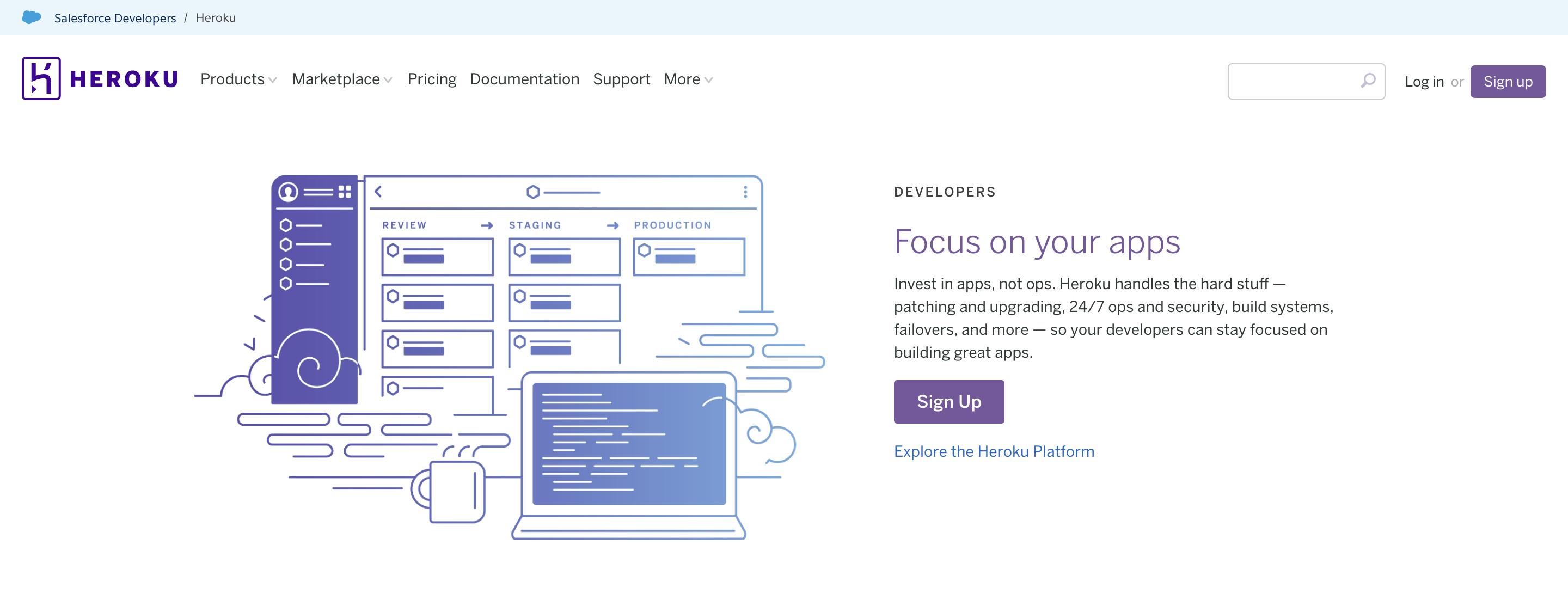
#Pros
- Simplicity: Streamlined deployment process with buildpacks that automatically configure environments, making it easier to get started.
- Add-ons Marketplace: Integrates with various add-on services for databases, caching, monitoring, and more, extending functionality without managing infrastructure.
- Global Dyno Scaling: Automatic scaling of application instances (dynos) based on traffic, ensuring smooth performance during peak loads.
#Cons
- Limited Customization: Less control over underlying infrastructure compared to Elastic Beanstalk.
- Vendor Lock-in: Applications become tied to the Heroku platform to some extent.
- Potentially Higher Costs: Pricing can be higher for resource-intensive applications compared to Elastic Beanstalk.
#Use Cases
- Rapid prototyping and development due to the simple deployment process.
- Applications requiring integration with various add-on services.
- Projects where developer experience and ease of use are priorities.
#3. Google App Engine (GAE)
It is a fully managed platform specifically designed for deploying web applications written in supported languages on Google Cloud Platform (GCP). It offers built-in services and automatic scaling.
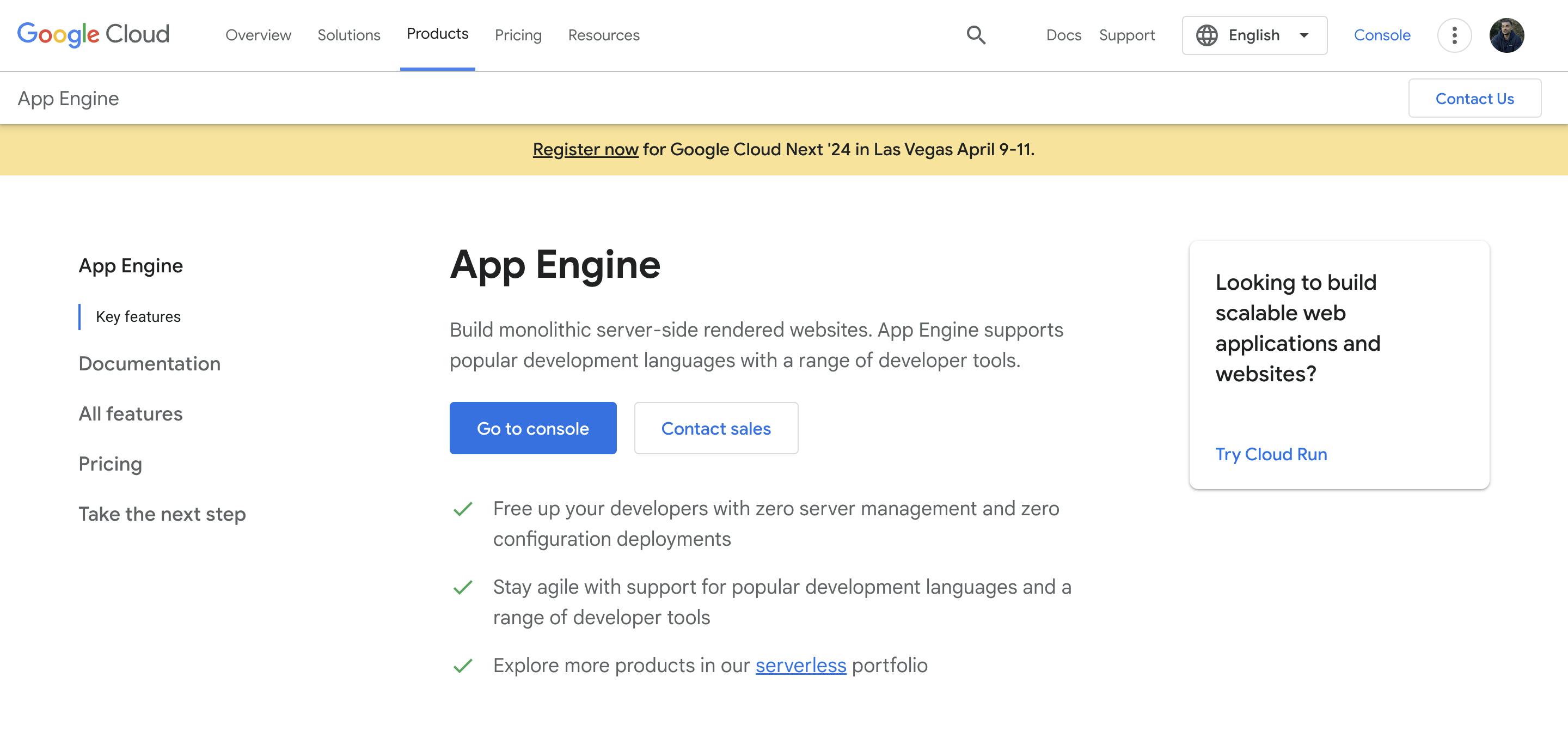
#Pros
- Fully Managed: Google manages the underlying infrastructure, freeing developers from server management tasks.
- Automatic Scaling: Automatic scaling based on traffic, similar to Heroku's dynos.
- Built-in Services: Integrates with various Google Cloud services like Cloud Storage, Cloud SQL, and Cloud Pub/Sub for a comprehensive development environment.
#Cons
- Limited Programming Languages: Supports a smaller set of programming languages compared to Elastic Beanstalk.
- Vendor Lock-in: Applications become tied to the Google Cloud Platform (GCP) ecosystem.
- Learning Curve for Google Cloud Services: Might require additional learning for those unfamiliar with GCP.
#Use Cases
- Web applications built with languages natively supported by GAE (e.g., Python, Java, Go).
- Projects leveraging other Google Cloud services for a cohesive environment.
- Situations where developers prefer a fully managed platform with built-in services.
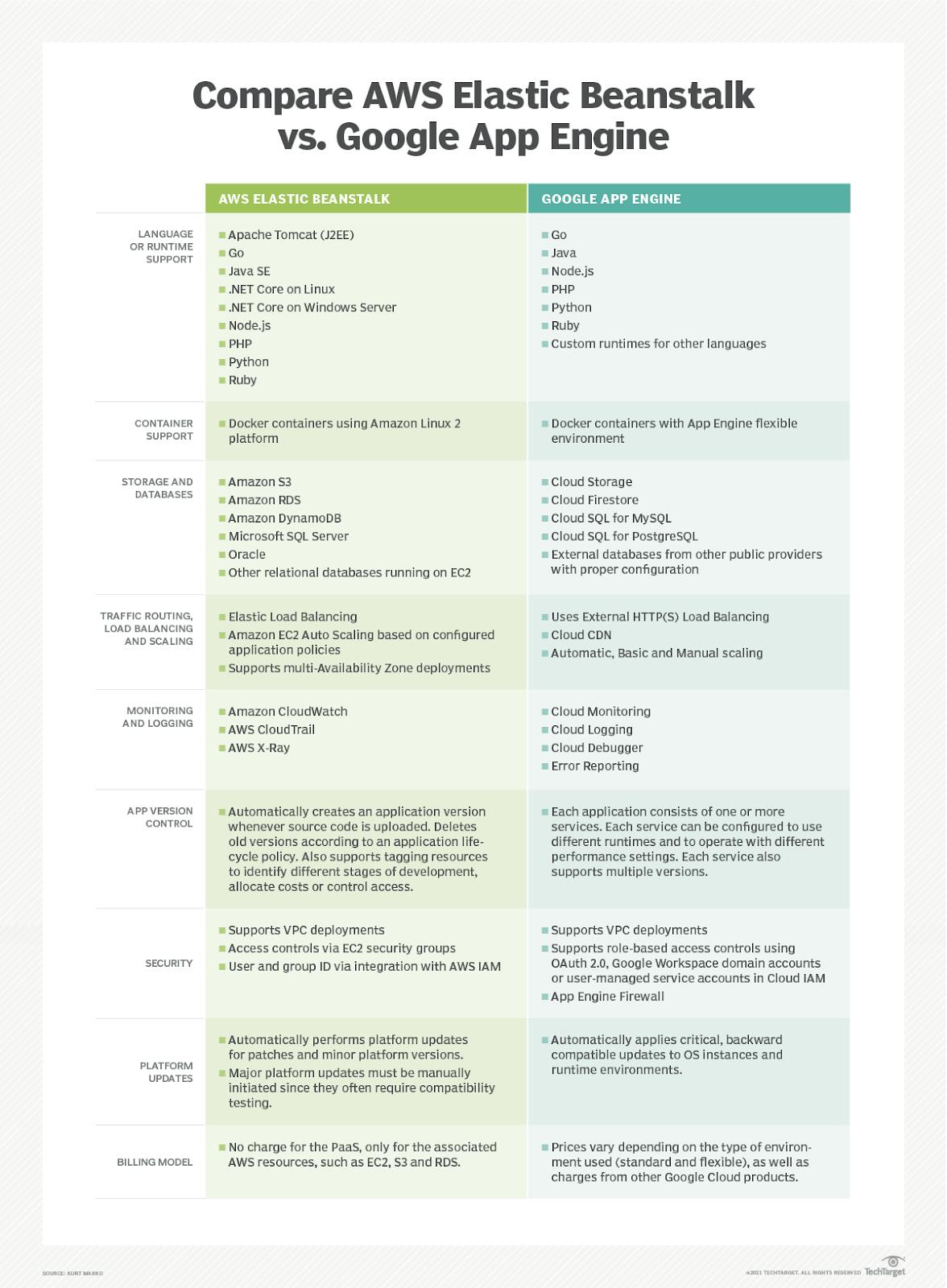
#4. Azure App Service
It is a cloud platform service within the Microsoft Azure ecosystem, allowing for seamless integration of web applications. It benefits from global reach, multiple language support, and auto-scaling features.

#Pros
- Deep Integration with Azure: Seamless integration with other Azure services for a cohesive cloud experience.
- Global Reach: Deployment options across various Azure regions for geographically distributed applications.
- Azure Functions: Serverless compute platform for event-driven applications (not available in Elastic Beanstalk).
#Cons
- Vendor lock-in: Vendor lock-in to Azure platform as there is no multi-cloud support.
- Cost: Potentially higher pricing compared to Elastic Beanstalk.
#Use Cases
- Businesses invested in the Azure ecosystem.
- Developers seeking serverless capabilities.
- Applications requiring global reach on Azure.
#5. DigitalOcean App Platform (DO App Platform)
It is a platform as a service (PaaS) that focuses on providing a cost-effective and user-friendly way to deploy applications. It offers a simple interface and integrates with popular DevOps tools.
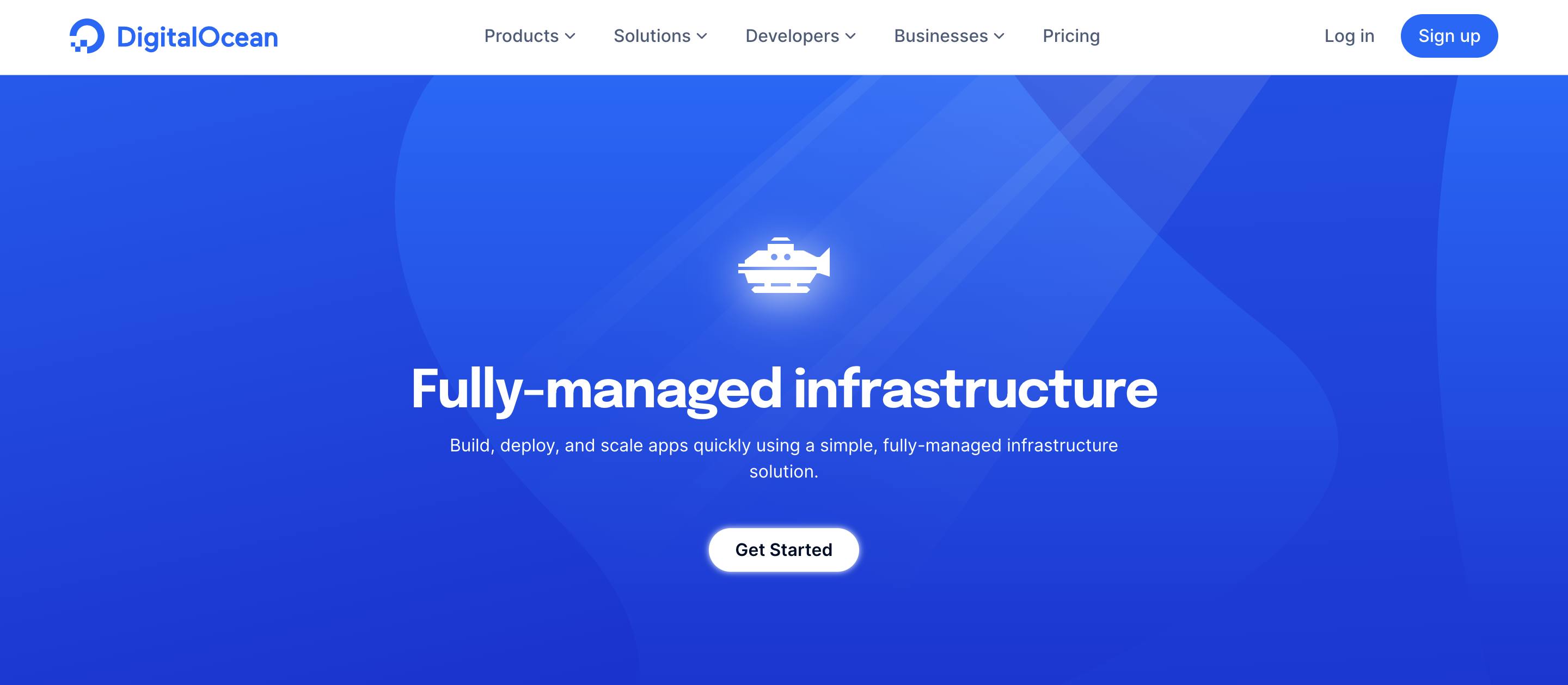
#Pros
- Managed Kubernetes Platform: Fully managed Kubernetes service for deploying and managing containerized applications (not available in Elastic Beanstalk).
- Advanced Features: Extensive features for container orchestration, security, and monitoring beyond Elastic Beanstalk.
- Expert Support: Access to expert support for troubleshooting and optimizing deployments.
#Cons
- Limited feature set: It has a limited feature set compared to other alternatives.
- Limited scalability: May not be suitable for applications requiring high scaling needs.
#Use Cases
- Cost-conscious startups or individual developers.
- Projects for learning and experimentation.
- Applications with predictable workloads.
#6. Engine Yard
It is a managed Kubernetes platform that empowers users to manage containerized applications. It offers advanced features for orchestration, security, and expert support.
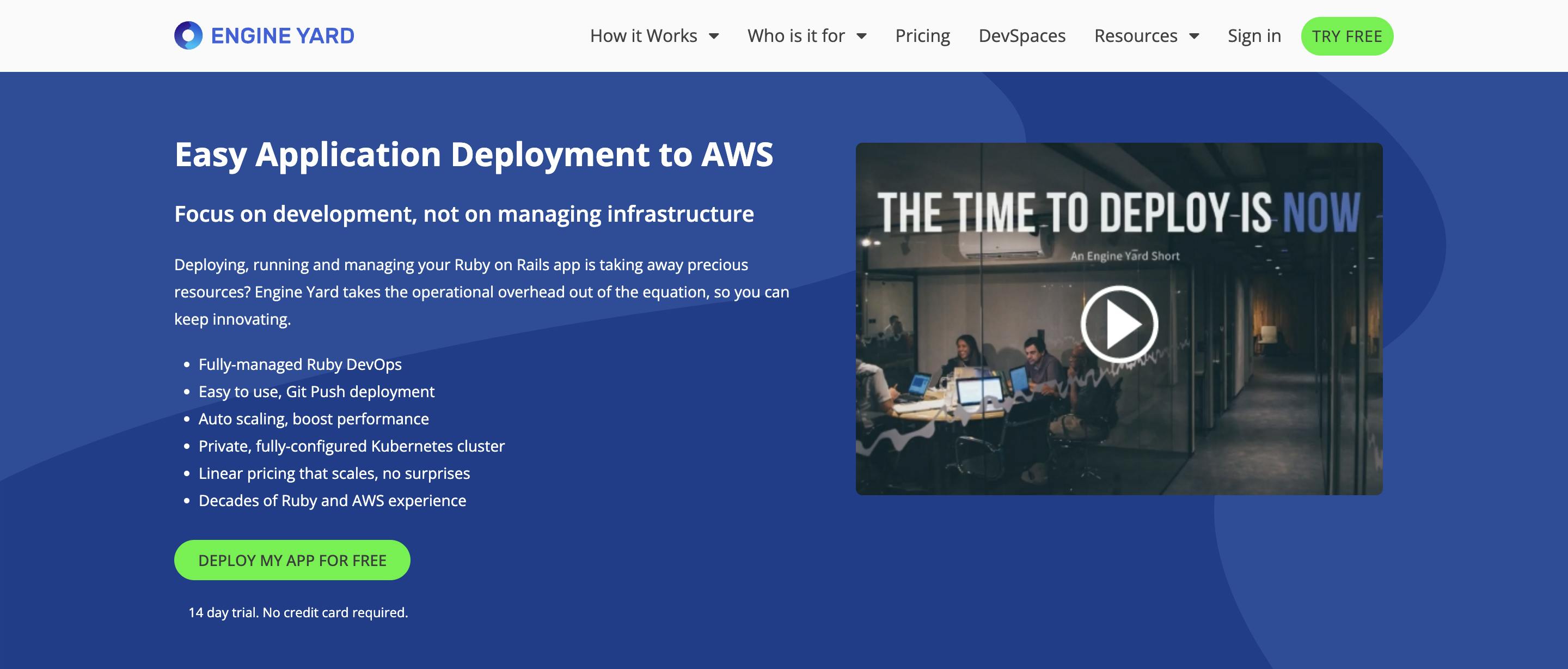
#Pros
- Managed Kubernetes Platform: Provides a fully managed Kubernetes service for deploying and managing containerized applications. (Differentiating Feature)
- Advanced Features for Container Management: Offers extensive features for container orchestration, security, and monitoring beyond what Elastic Beanstalk provides. (Differentiating Feature)
- Expert Support for Troubleshooting and Optimizing Deployments: Access to expert support for managing deployments.
#Cons
- Complexity: It is slightly complex due to Kubernetes expertise requirement.
- Cost: Typically higher costs due to managed services and advanced features.
#Use Cases
- Organizations requiring advanced container orchestration.
- Businesses with complex deployments needing robust features.
- Teams with Kubernetes expertise.
#7. Cloud Foundry
It is an open-source cloud platform designed for deploying and scaling complex applications across various cloud environments.
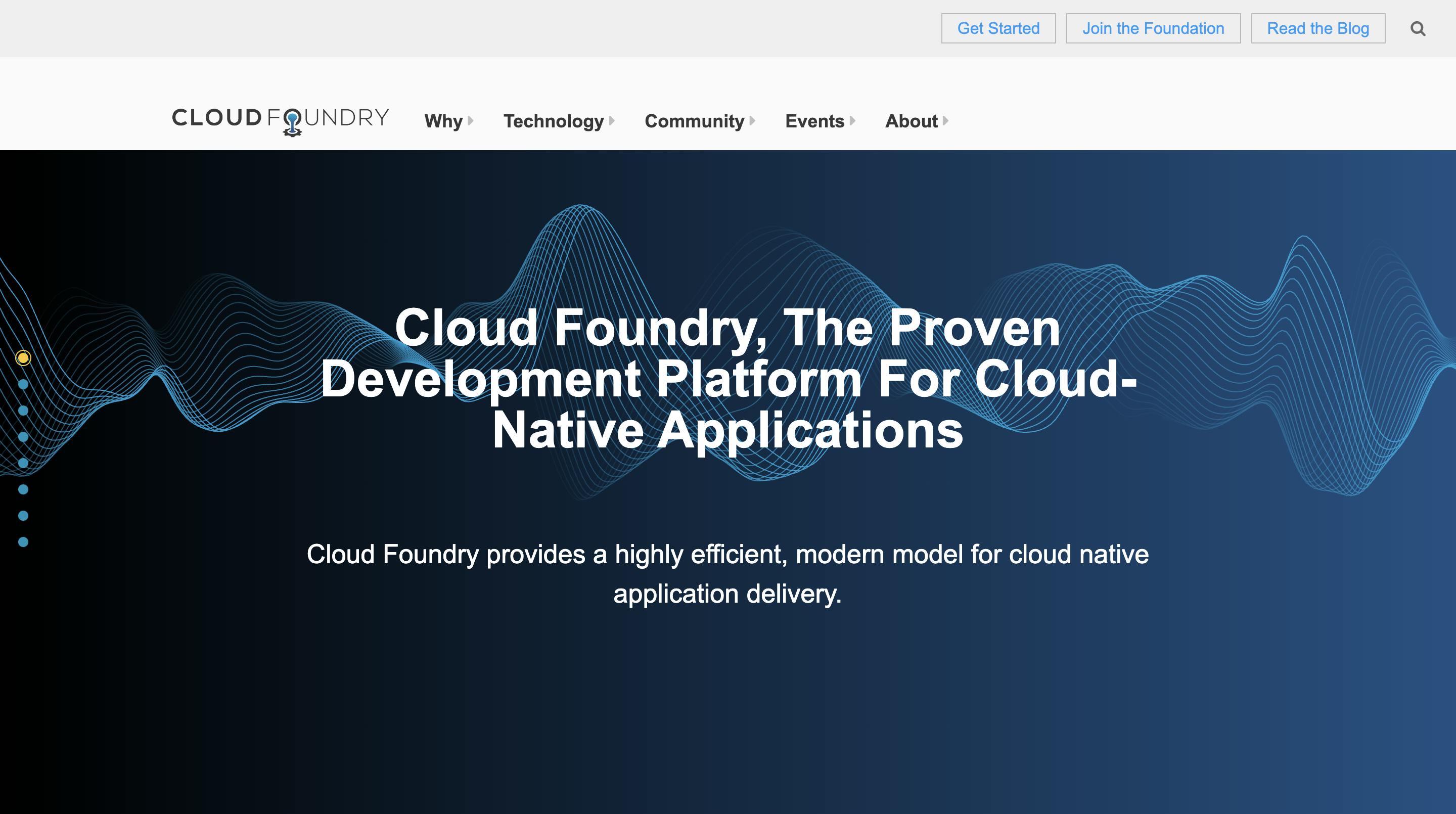
#Pros
- Open Source: Freely available with a large community for support.
- Scalability: Handles large-scale deployments efficiently.
- Portability: Applications built for Cloud Foundry can be deployed across other Cloud Foundry providers.
- Advanced Features: Offers features like autoscaling, health checks, and integrated CI/CD pipelines (through tools like Cloud Foundry CLI).
#Cons
- Complexity: Requires more setup and configuration compared to Elastic Beanstalk.
- Steeper Learning Curve: Might have a steeper learning curve for developers unfamiliar with Cloud Foundry concepts.
- Vendor Lock-in (Potential): While applications are portable between Cloud Foundry providers, some vendor-specific features might exist.
#Use Cases
- Large, complex enterprise applications requiring high scalability.
- Organizations looking for an open-source PaaS with a vibrant community.
- Businesses with deployments spanning multiple cloud providers (when using compatible Cloud Foundry implementations).
#8. Cloud 66
It is a multi-cloud application platform that allows for flexible deployment across different cloud providers (public, private, or hybrid) with a user-friendly interface and robust features.
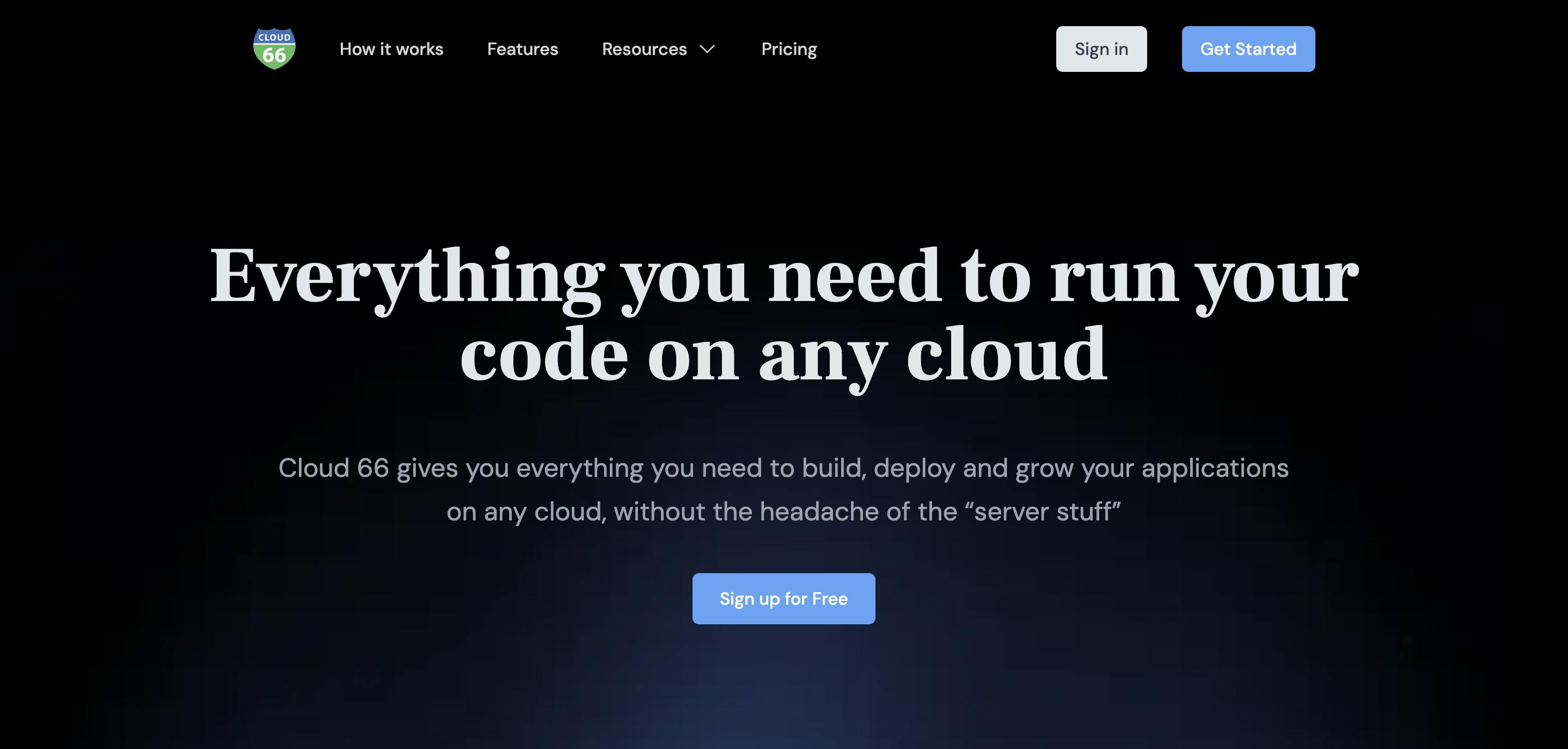
#Pros
- Flexibility: Supports various deployment environments - public clouds, private clouds, and bare-metal servers.
- Multi-Cloud Support: Enables deploying applications across different cloud providers with a single platform.
- Hybrid Cloud Friendly: Ideal for organizations with hybrid cloud strategies.
- User-Friendly Interface: Offers a web-based UI alongside a CLI for easier management.
#Cons
- Pricing: Paid plans for advanced features and resources.
- Vendor Lock-in: Applications become tied to the Cloud 66 platform to some extent.
#Use Cases
- Organizations with hybrid cloud or multi-cloud deployments.
- Businesses needing flexibility in deployment environments.
- Developers preferring a user-friendly interface alongside a CLI for management.
#9. Dokku
It is a self-hosted deployment platform that utilizes Docker containers for application deployment. It is ideal for cost-conscious developers comfortable with managing their own servers.
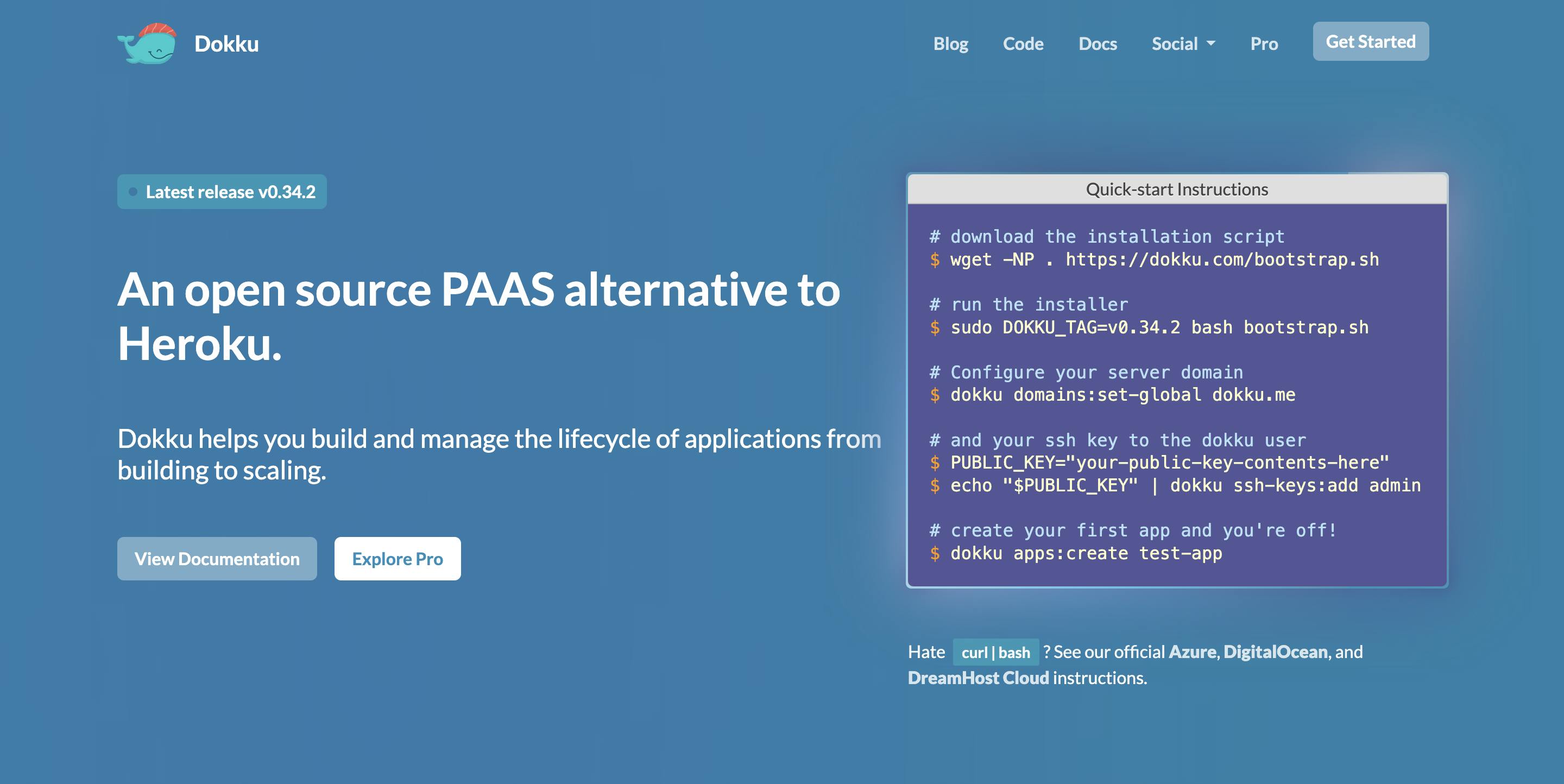
#Pros
- Simplicity: Easy to set up and use, ideal for developers familiar with Docker.
- Lightweight: Low resource footprint, suitable for smaller deployments.
- Open Source and Free: No vendor lock-in, perfect for cost-conscious projects.
#Cons
- Limited Scalability: Not ideal for large-scale applications with high traffic demands.
- Self-Hosted: Requires managing your own server infrastructure.
- Limited Features: Offers a basic set of functionalities compared to Elastic Beanstalk or Cloud Foundry.
#Use Cases
- Small personal projects or hobby applications.
- Deployments requiring a simple, lightweight solution.
- Developers comfortable with self-hosted deployments using Docker.
#10. Caprover
It is a self-hosted, free, and open-source platform for deploying applications written in various languages. It offers a lightweight footprint and serves as an open-source alternative.
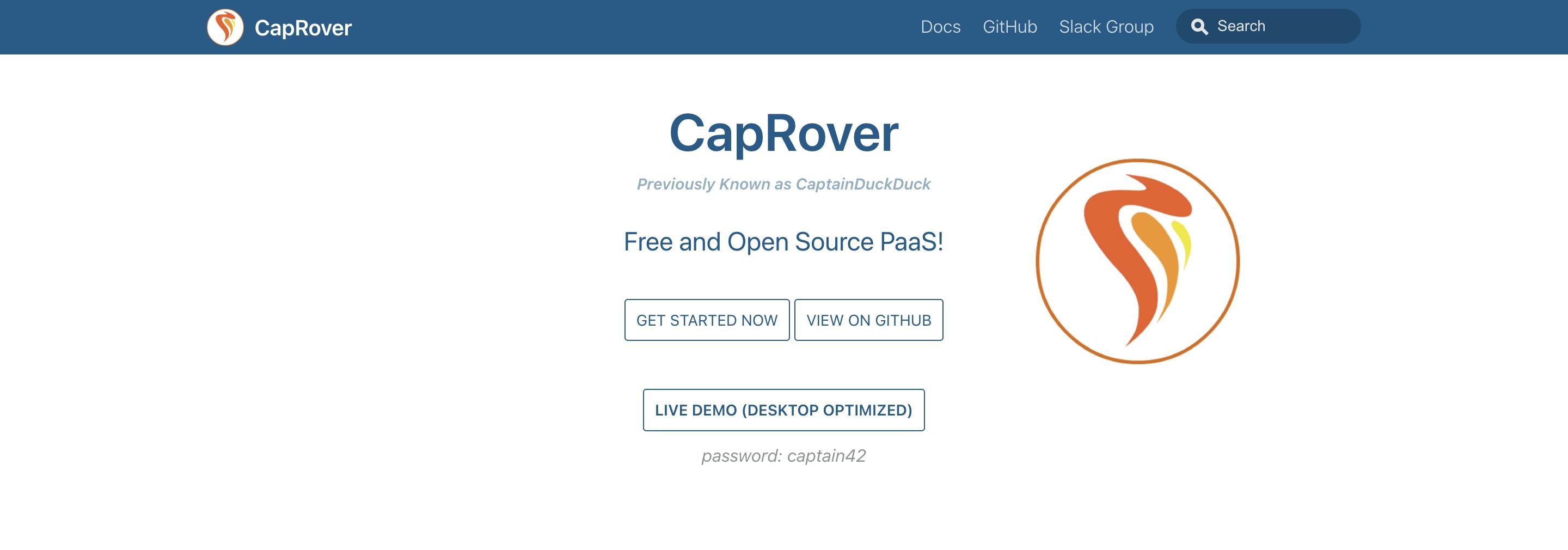
#Pros
- Open Source and Self-Hosted: Offers greater control and customization compared to other options on this list.
- Lightweight: Low resource footprint, suitable for smaller deployments.
- Supports Multiple Languages: Supports deployments for various programming languages, similar to Elastic Beanstalk.
#Cons
- Complexity: Requires managing your own server infrastructure, unlike the managed options above.
- Limited Support: Limited community support compared to major platforms.
- Manual Configuration: Requires more manual configuration for deployments and scaling compared to Elastic Beanstalk.
#Use Cases
- Cost-conscious developers comfortable with self-hosting deployments.
- Projects requiring a high degree of control over the underlying infrastructure.
- Developers seeking an open-source alternative with multi-language support.
#Comparison Summary Table
Here is the comparison summary table for all the AWS Elastic Beanstalk alternatives.
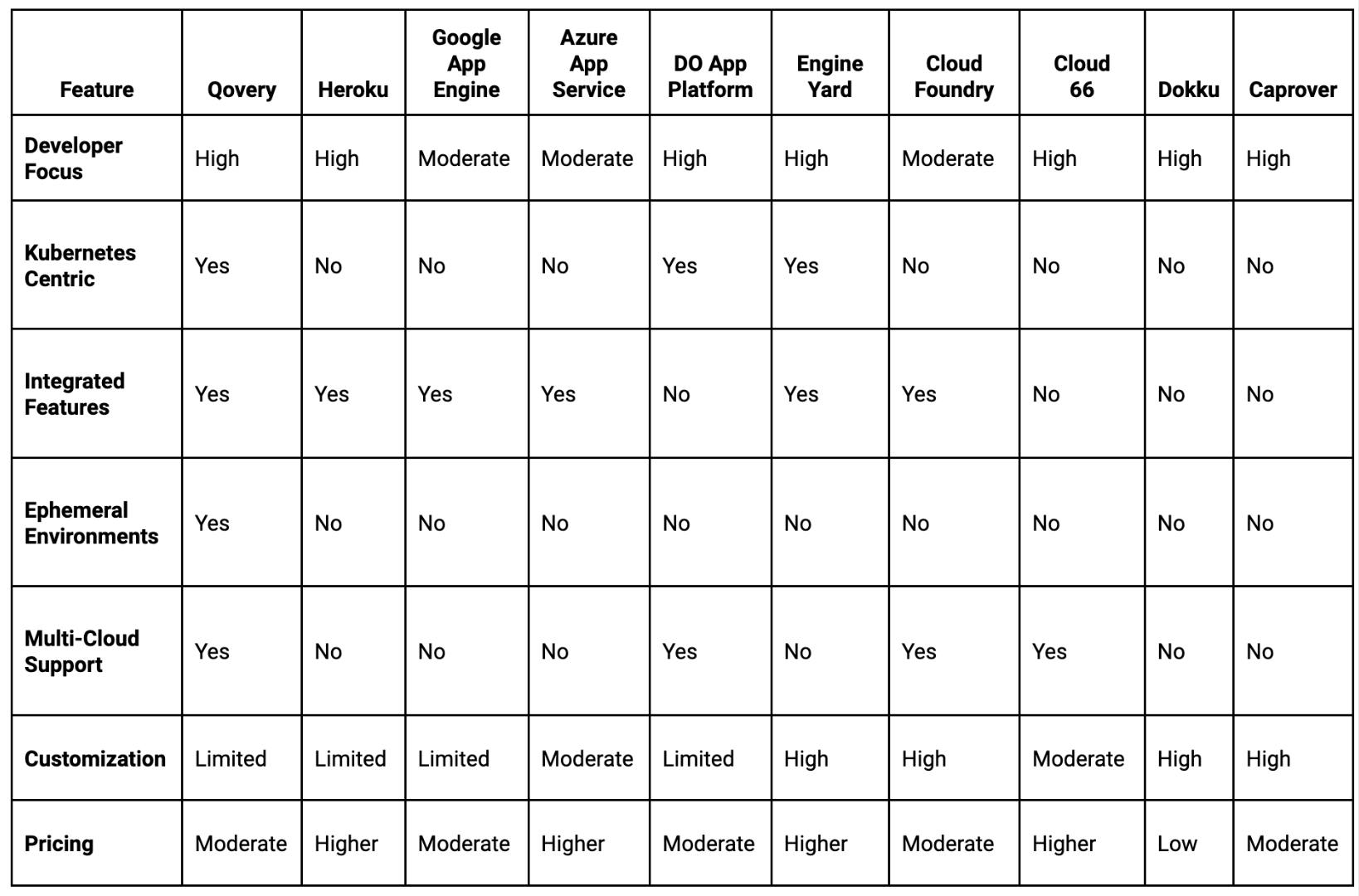
#Conclusion
While AWS Elastic Beanstalk provides a solid foundation for many applications, alternatives like Qovery emerge as clear winners for certain scenarios, thanks to their developer-focused features, Kubernetes-centric approach, and multi-cloud support. Qovery, in particular, stands out for its ease of use, integrated CI/CD and security features, and ephemeral environments, making it an attractive choice for development teams and startups looking for an efficient and scalable cloud deployment solution. It is super easy to set up and get your applications up and running in Qovery. Let’s try it for free >>.
Your Favorite DevOps Automation Platform
Qovery is a DevOps Automation Platform Helping 200+ Organizations To Ship Faster and Eliminate DevOps Hiring Needs,
Try it out now!

Your Favorite DevOps Automation Platform
Qovery is a DevOps Automation Platform Helping 200+ Organizations To Ship Faster and Eliminate DevOps Hiring Needs,
Try it out now!
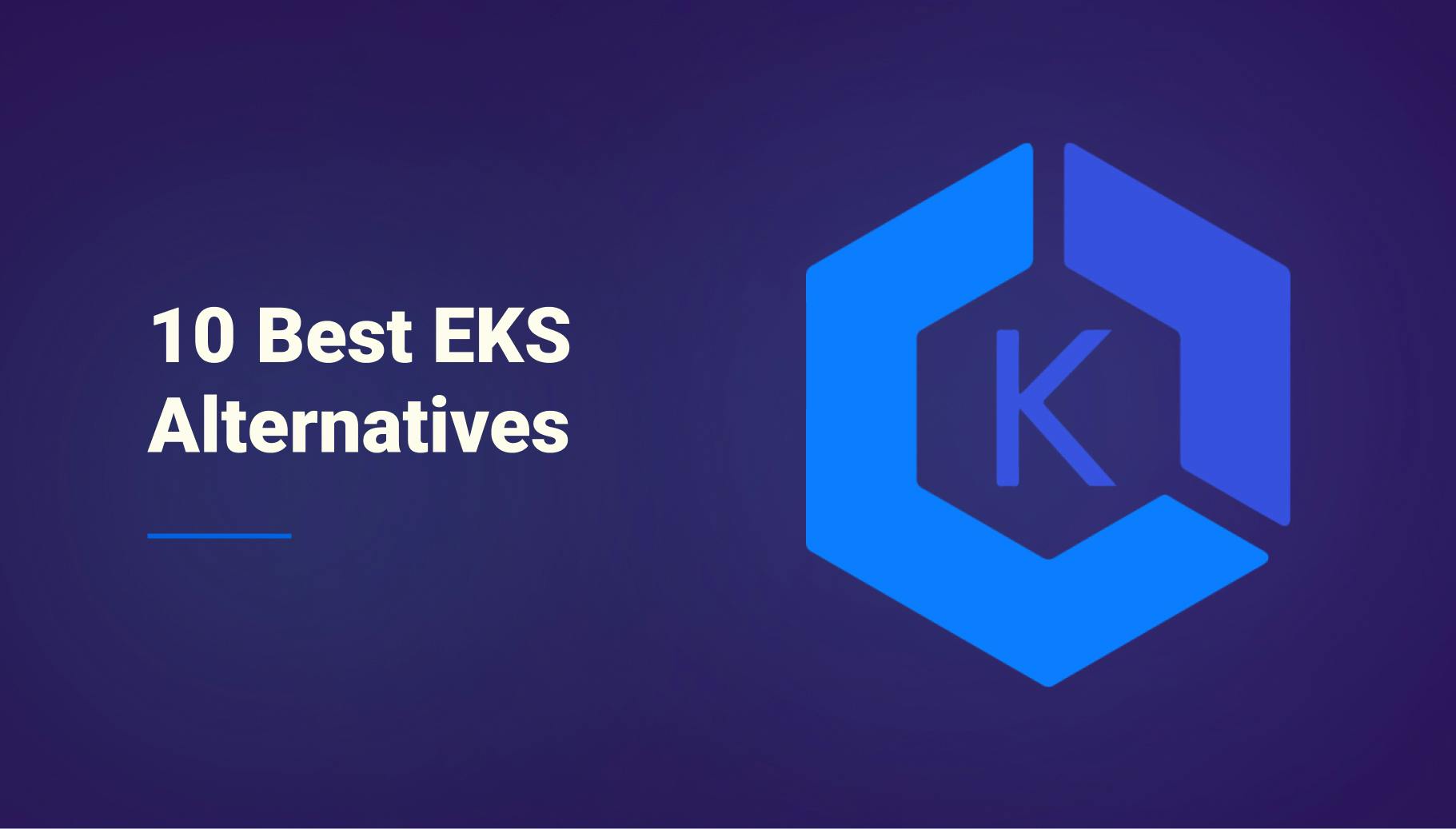
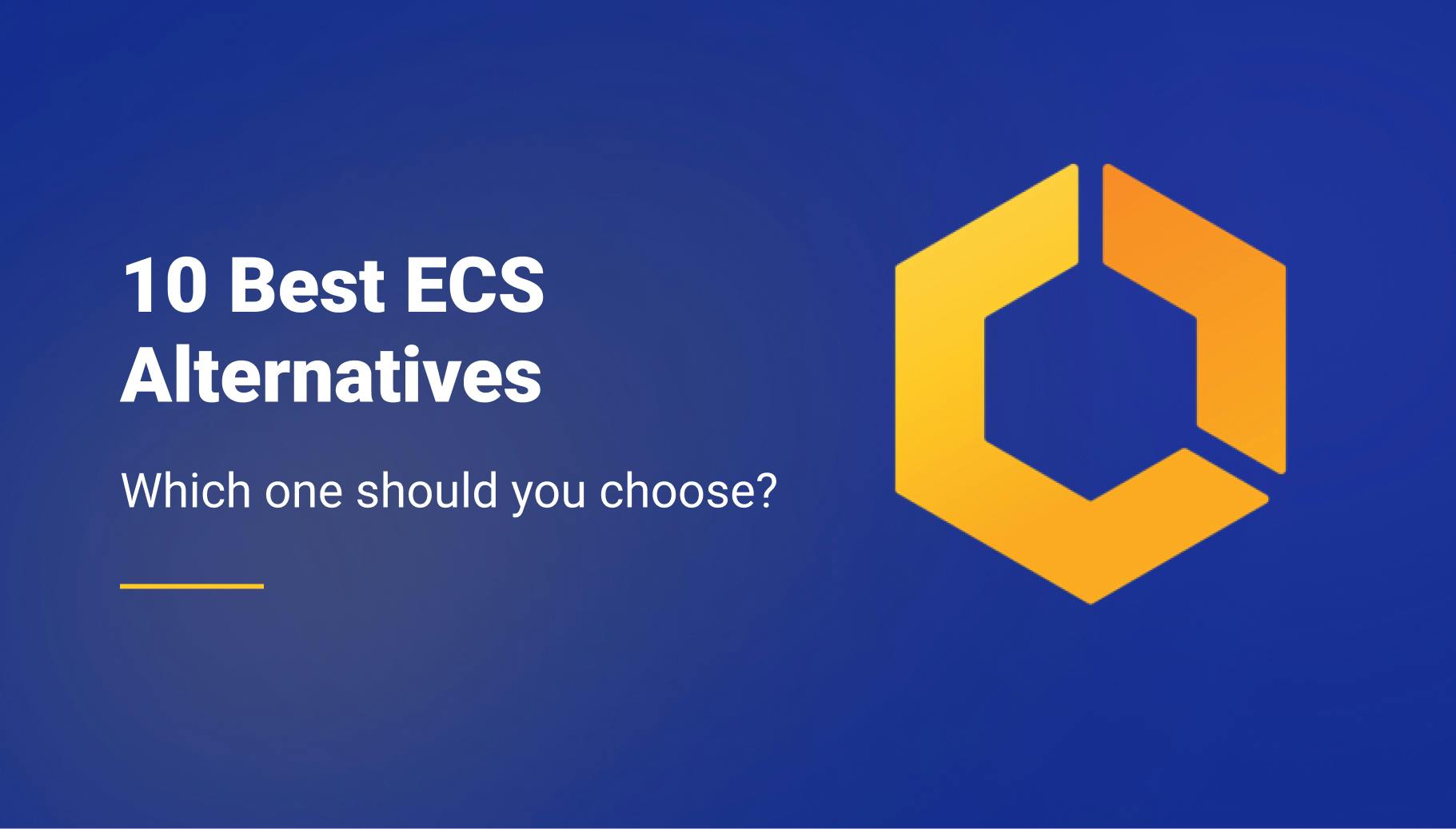
.jpg?ixlib=gatsbyFP&auto=compress%2Cformat&fit=max)